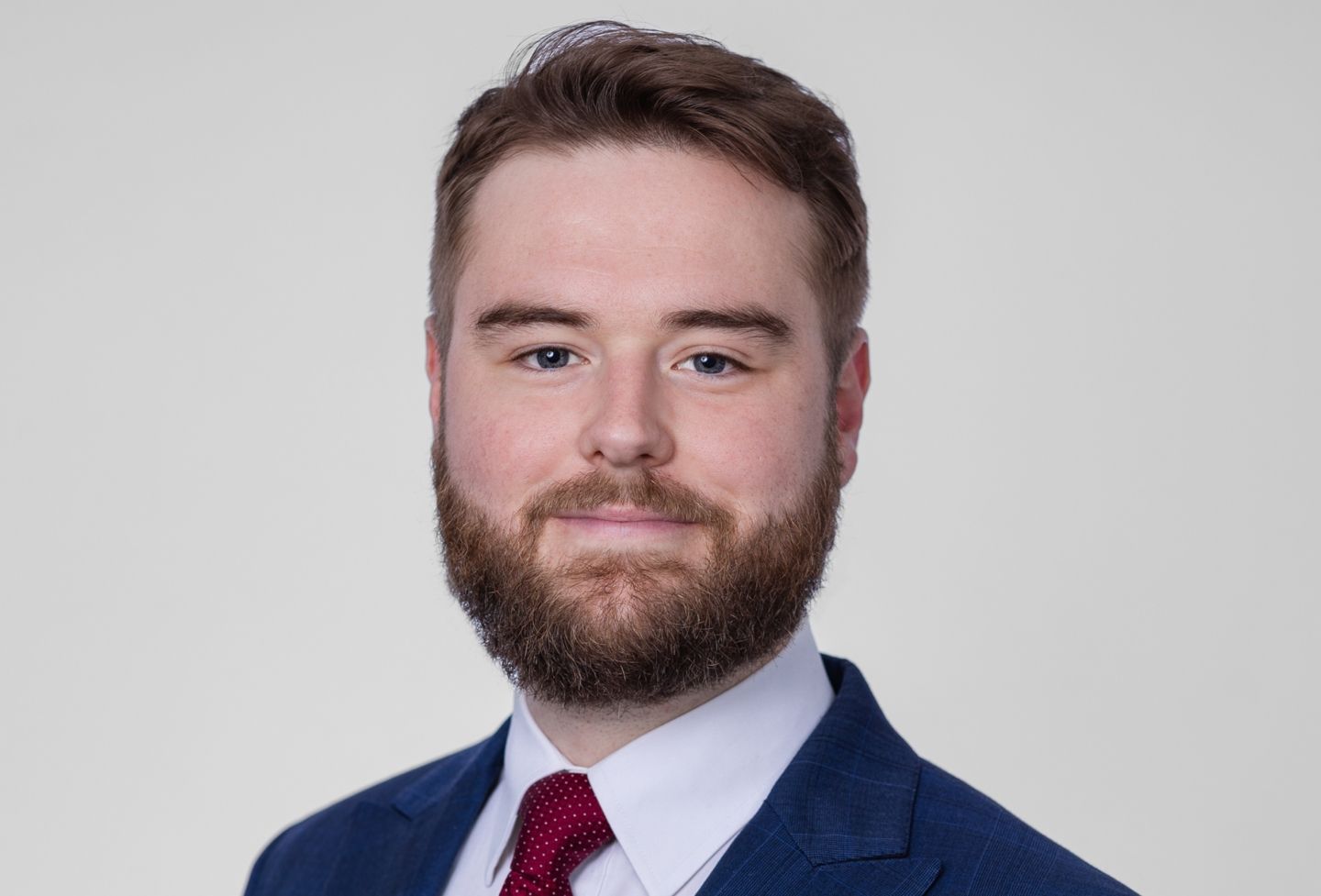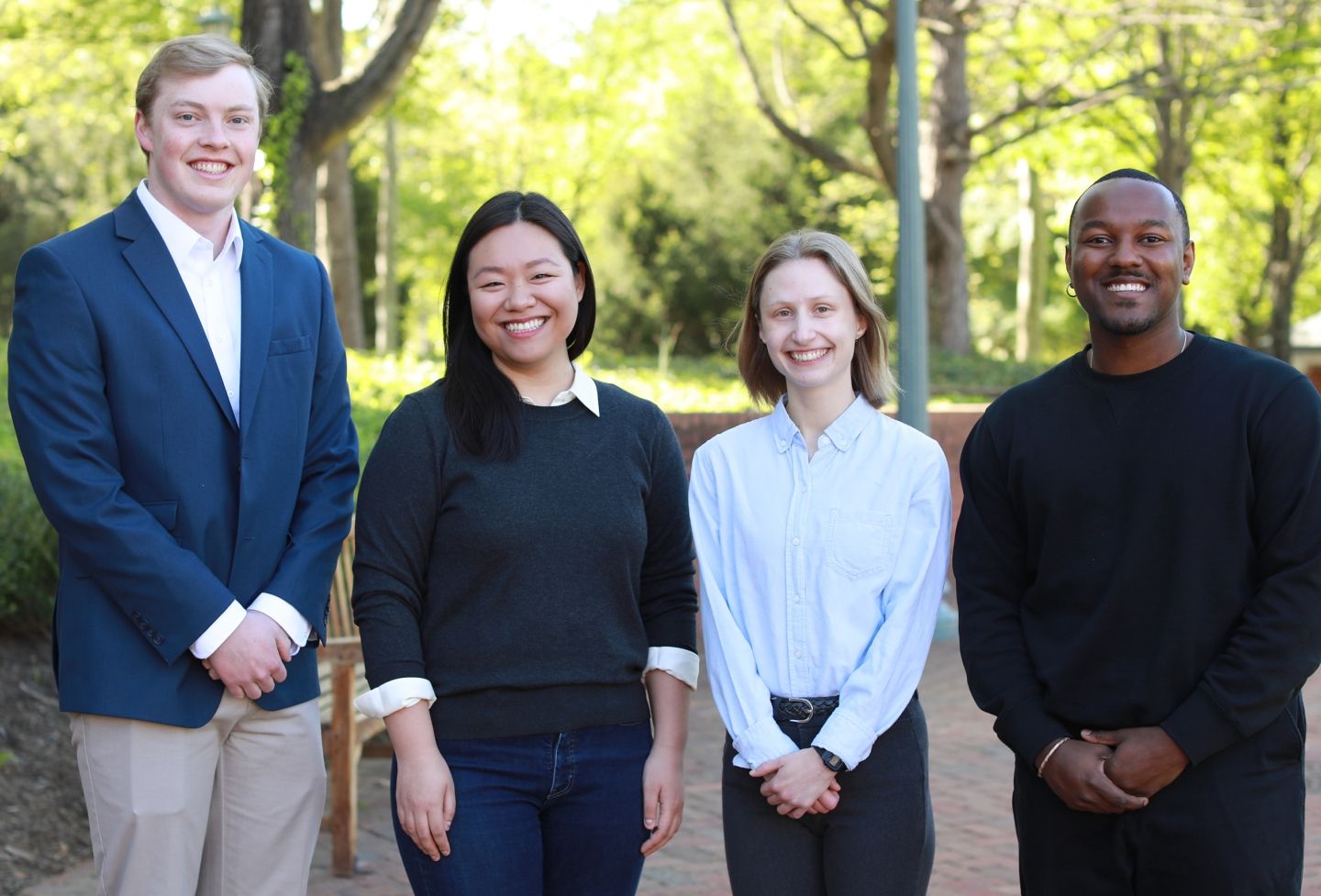Napolitano ’83 Challenges Class of 2007 to Master Change
To be successful in today’s legal world, lawyers must be able to master the rapid changes that accompany progress, said Arizona Gov. Janet Napolitano at Sunday’s commencement ceremony at the Law School. Changes in technology, international law, and the rule of law are three areas that will affect the entire legal profession over the next century. She challenged the Class of 2007 to make sense of these transformations. “Your job will be to sort out where to alter the law and where to leave it alone,” she said.
 The convergence of science, medicine, and engineering will continue to produce unimaginable and unpredictable results, explained Napolitano, a 1983 graduate of the Law School. “It will be up to lawyers to get ahead of the changes,” she said. “When you consider that we have now mapped the human genome, that our mobile phones allow us to watch videos and make them, and that we may only be a year or two away from a production line car that routinely gets more than 100 miles to the gallon, it becomes clear that the speed at which our world reinvents itself is astonishing. And as the changes come faster and faster, someone needs to make sense of them.”
The convergence of science, medicine, and engineering will continue to produce unimaginable and unpredictable results, explained Napolitano, a 1983 graduate of the Law School. “It will be up to lawyers to get ahead of the changes,” she said. “When you consider that we have now mapped the human genome, that our mobile phones allow us to watch videos and make them, and that we may only be a year or two away from a production line car that routinely gets more than 100 miles to the gallon, it becomes clear that the speed at which our world reinvents itself is astonishing. And as the changes come faster and faster, someone needs to make sense of them.”
Napolitano noted that international law also will continue to undergo myriad changes. Globalization has made it possible for a company in Kansas City to have a supply chain that spans three countries on two continents, or for a technician in India to interpret the results of an x-ray of a patient in Texas, she said. Ordinary lawyers will have to sort through the laws that govern transactions that pass through international borders. International law will no longer be an area for just specialists and academics, she observed, but a fact of life that all lawyers must have in their tool kits. International law “will be part and parcel of the routine practice of law and you will have to master it.”
Lawyers will also have to protect the rule of law in this ever-changing environment. When the founders set out to create “a more perfect union” during the formation of the United States, they passed on the responsibility of protecting the rule of law to subsequent generations.
Napolitano criticized those who have used the judiciary for partisan political gain, defying the founders’ vision. It will be the job of lawyers, Napolitano charged, to protect the judiciary and educate citizens on the importance of judicial independence and its role in U.S. government. “The future of this democracy, the future of our nation’s judiciary, is ultimately up to each of us, and especially to you, this graduating class, the future leaders of the legal community,” she said.
As the Class of 2007 makes their way into the rapidly changing world, Napolitano offered two pieces of advice. First, she told graduates not to lose themselves in the overwhelming first years of practice, when new lawyers learn law through practice and work long hours.
“You do have the right to nourish your spirit, keep close to your family, and grow in ways that extend beyond knowledge of the law,” she said.
Second, she recommended graduates use their talents to improve their communities. You’ve missed the point if you became a lawyer for financial gain, she said. “To know the law is to know how to make this world better through its proper application and to practice law properly is to engage in public service of the highest order. Never forget that being an attorney is not just a job, it is a calling, it is a way of life,” she said.
“So for the future, I say do all of these things, do them well. For tomorrow I say good luck on the bar exam. And for today, I simply say congratulations, ladies and gentlemen, you’ve done it.”
Napolitano was elected governor of Arizona in 2002 and re-elected in 2006. In 2005, she was named one of the top five governors in the nation by Time magazine. She currently serves as the chair of the National Governors Association, and is the first female governor to hold the position.
Napolitano was introduced by Student Bar Association president Adam Wolk. In his remarks, Wolk announced that 90 percent of the Class of 2007 pledged to support the annual giving campaign at the Law School, the second-highest level of participation by a graduating class in the School’s history.
“It represents how great most of feel about our law school experience,” Wolk said. “From the day I first visited this law school it was clear to me that this place is unique because people are happy here.”
Dean John Jeffries called the Class of 2007 the “most committed, the most engaged, the most active, and successful class in our long history.
“You leave here with opportunity and with power. And we who send you on your way are proud of your skills, proud of your commitment, and confident in your future. We are glad to have been present at the creation of your careers in the law.”
The Law School conferred 364 Juris Doctor degrees, 33 Masters of Laws degrees, and one S.J.D (Doctor of Juridical Science) degree to the Class of 2007.
Graduation Awards
Margaret G. Hyde Award
Ajeet Pundalika Pai
James C. Slaughter Honor Award
Khang Vinh Tran
Thomas Marshall Miller Prize
Porter Noell Wilkinson
Z Society Shannon Award
Ajeet Pundalika Pai
Law School Alumni Association Best Note Award
Thomas Chiunhong Chen
Robert E. Goldsten Award for Distinction in the Classroom
Andrew MacMaster Carlon
Teah Lolita Frederick
Roger and Madeleine Traynor Prize
Andrew MacMaster Carlon
James Michael McDonald
Herbert Kramer/Herbert Bangel Community Service Award
Kelly Dionna Voss
Mortimer Caplin Public Service Award
Brent Vernon Savoie
Robert F. Kennedy Award for Public Service
Rachel Elizabeth Cella
Edwin S. Cohen Tax Prize
Jason Lee McIntosh
Earle K. Shawe Labor Relations Award
Sarah Louise Pendergraft
John M. Olin Prize in Law and Economics
Thomas Chiunhong Chen
Eppa Hunton IV Memorial Book Award
Christopher David Jackson
Virginia Trial Lawyers Trial Advocacy Award
Teah Lolita Frederick
Virginia State Bar Family Law Book Award
Courtney Willson Cass
Founded in 1819, the University of Virginia School of Law is the second-oldest continuously operating law school in the nation. Consistently ranked among the top law schools, Virginia is a world-renowned training ground for distinguished lawyers and public servants, instilling in them a commitment to leadership, integrity and community service.


